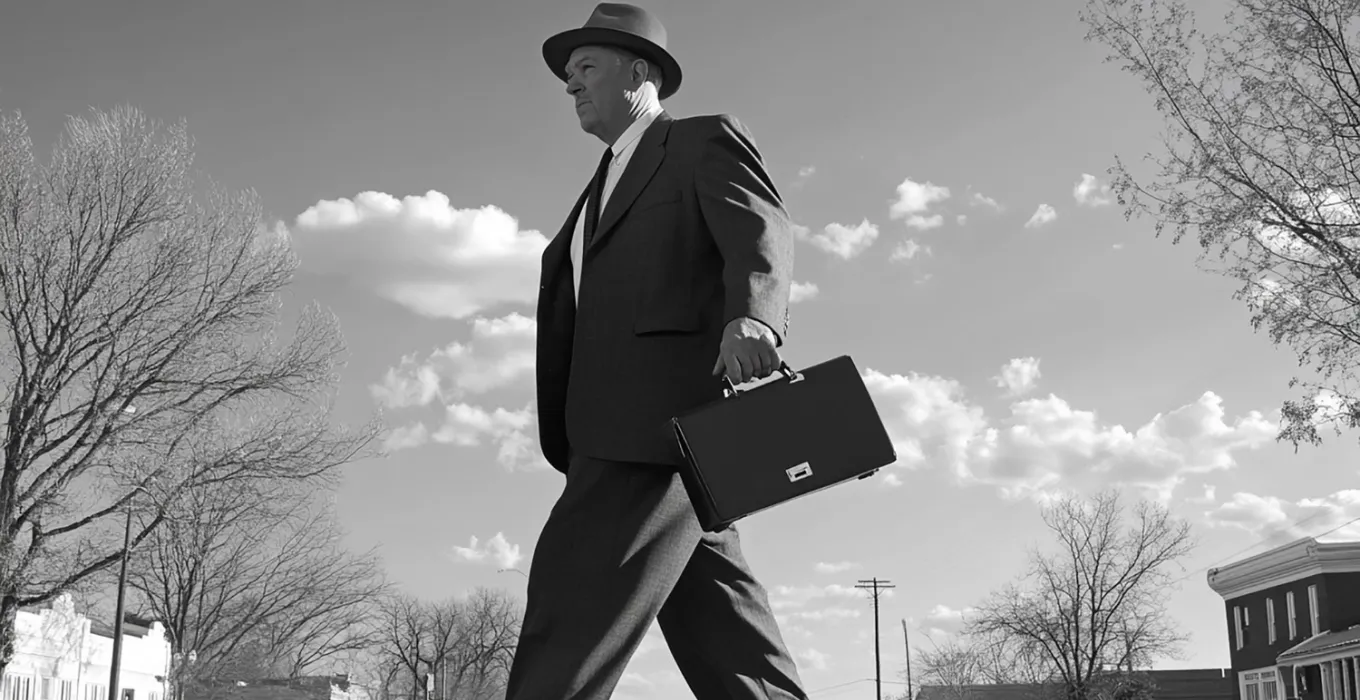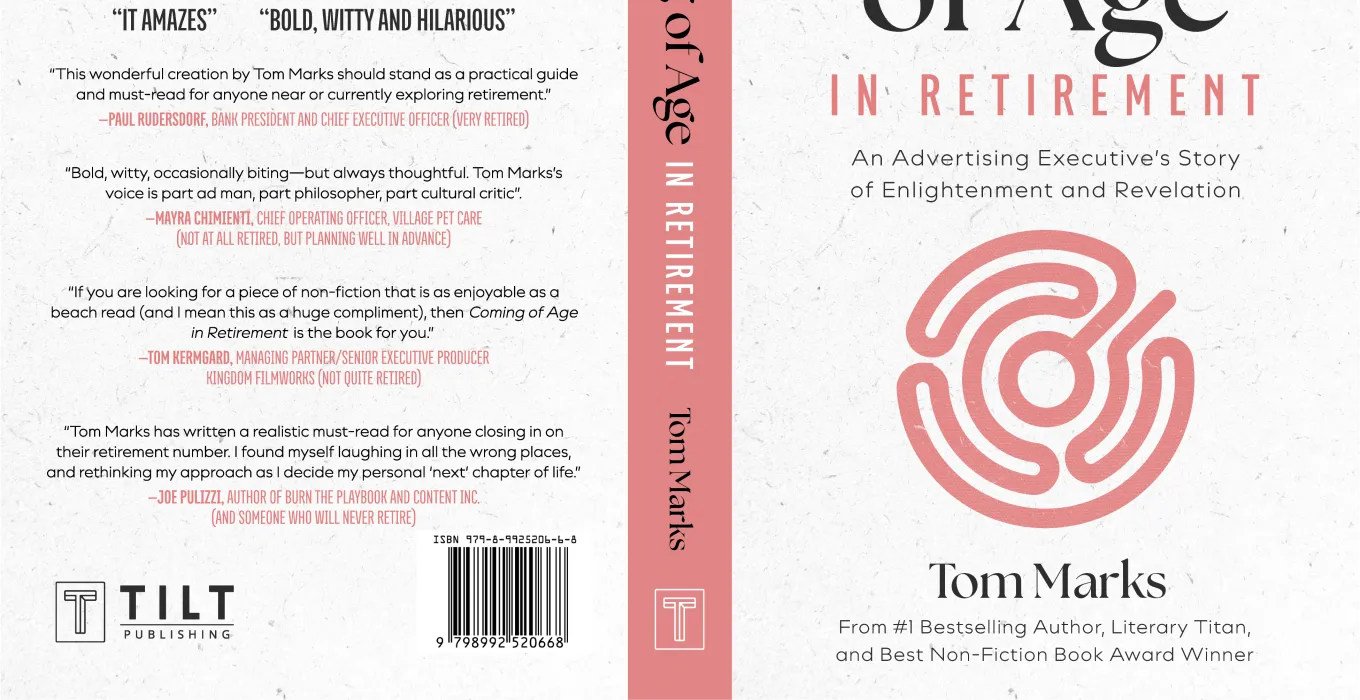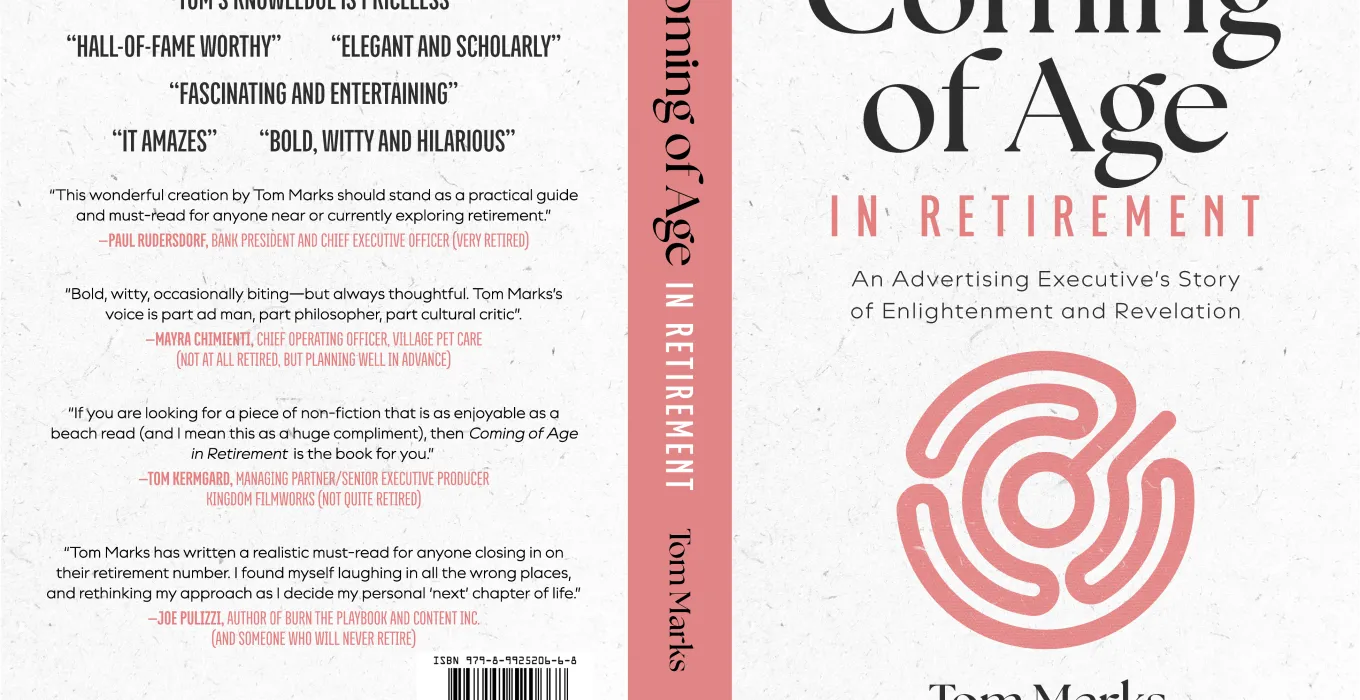The Reformed Retiree

When I first seriously thought about retirement I was probably somewhere in my mid-50’s. Prior to that, my impressions of retirement came from my Dad, Bob Cook. He retired at 58 after working over 30 years for the same company. He was in sales, and he was good at it. Good enough to provide a wonderful middle-class household for my mother Dolores, and upbringing for me and my four brothers.That’s right, five boys.
My mother was a saint raising five boys. Daily trips to the grocery for milk, telling us not to play football in the living room, and RN level first-aid when we did play and cut our head on the corner of the coffee table.
My Dad traveled, a lot. He was always working, and his role at home was the last resort disciplinarian, and sage source of wisdom. He lived for my Mom and us kids, often denying himself self-desired roads of opportunity because the risk might jeopardize the security of his current position and salary.
I share this short story as a foundation for The Reformed Retiree. You see, my Dad never planned for his retirement, except in a financial sense. His vision of retirement was not working, which, in the midst of his demanding, quota and deadline driven job, seemed like a good place to be.
What he did not plan for was the void. When you work 50-60 hours per week for decades, it sort of takes over your life. Five days a week are filled with the job. The rest of the week is filled with family. Other than occasional rounds of golf, my Dad really didn’t do anything else.
Retirement takes work out of the equation. Retirement is a massive transition. It’s one I, like my father, did not plan very well. I sold my business in New England when I was 62, and we moved to Tucson, in the heart of the beautiful Sonoran desert.
Initially I enjoyed the lack of client commitments. I focused on me. I began exercising and watching what I ate, and subsequently lost 30 pounds. I pulled out my electronic keyboard (a gift from my wife) to see if I could resurrect my childhood piano lessons. I bought way too many drawing pencils and sketch books to take up pencil drawing (which I dabbled with during my work years).
All of this was okay, for about a year-and-a-half. But the passion wasn’t there for any of the hobbies. I found I missed business. My passion is business.
So, I reformed myself two years after retiring and un-retired (but not full time). I needed to become a retiree without a void. Some consulting work filled the void, and I am now even resurrecting, on a limited scale in Tucson, the core of the business I sold in New England.
My writing here is what I call reformed retirees. These are the people who, like me, realized after the fact that retirement does not mean stopping. It does not mean large swaths of time filled up in short spurts with family, and large spurts with TV and lazing about.
My Dad never found something to fill his void in retirement, and from my perspective, he was unhappy for the last years of his life.
Retirement is supposed to be the happy years, but the responsibility for that happiness rests squarely on our own shoulders. Reformed retirees accept that responsibility and move forward. These are the stories I will share.
Editors Note: Ken is instrumental in coining the phrase The Reformed Retiree because that seems to be the only rule that's universal in retirement; that there are no longer any rules. Retirement looks differently for all of us, and no single retirement approach is correct for a group of retirees. The rules, if there are any, have changed and been reformed.





